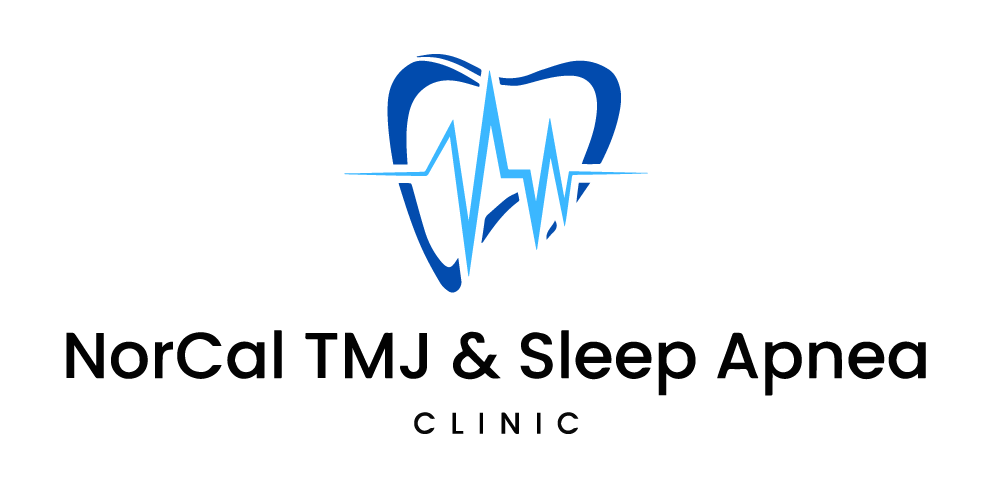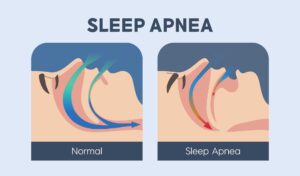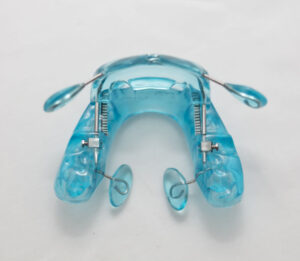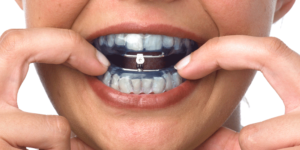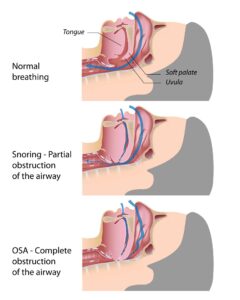Obstructive Sleep Apnea (OSA) occurs when throat and tongue muscles relax, blocking your airway and causing breathing interruptions at night. OSA affects 33.9% of men and 17.4% of women
Symptoms of OSA include:
- Morning headaches or clenched teeth
- TMJ pain
- Daytime sleepiness.
Treatment of obstructive sleep apnea (OSA) can indeed be either invasive or non-invasive, depending on the severity of the condition and individual patient factors.
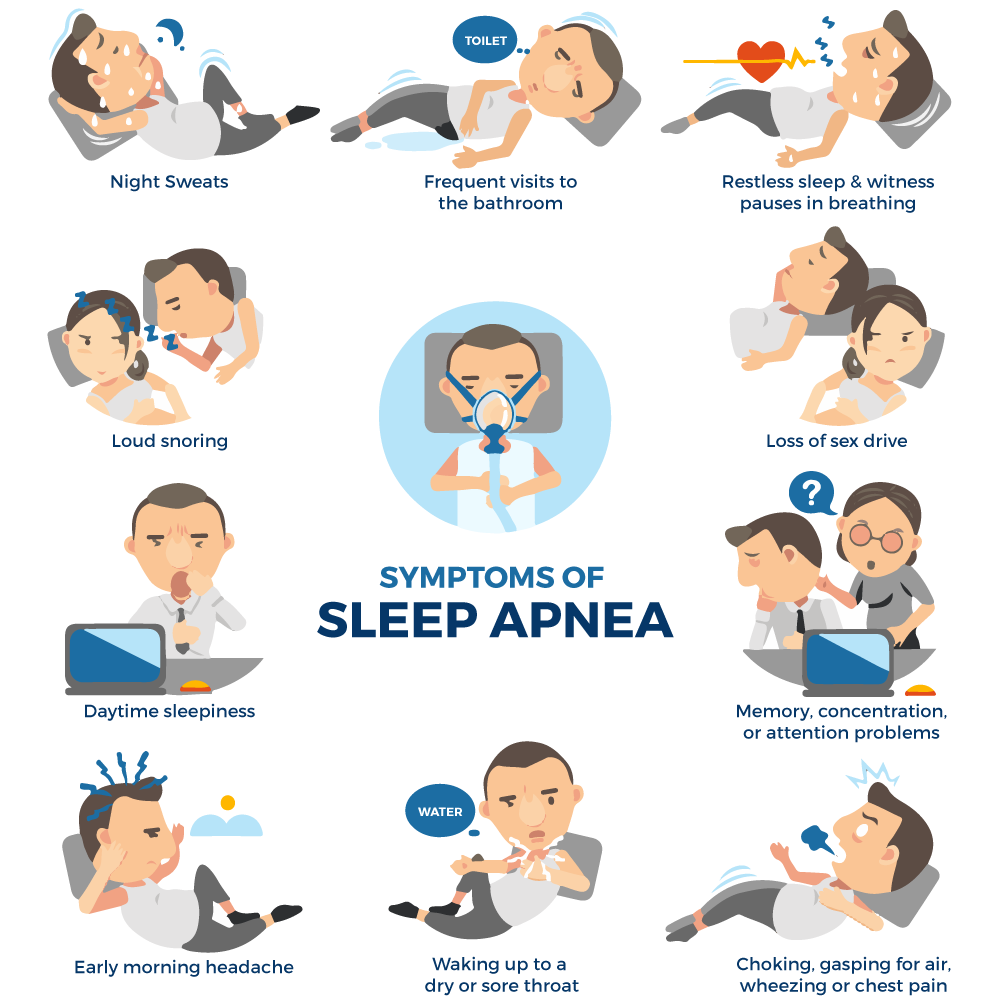
Invasive treatments may include surgeries like uvulopalatopharyngoplasty (UPPP) or maxillomandibular advancement (MMA), while non-invasive options often involve therapies such as continuous positive airway pressure (CPAP) or oral appliances like oral appliance therapy (OAT). The choice of treatment depends on the specific needs and preferences of the patient, as well as the recommendations of healthcare professionals.
At our clinic, we exclusively offer non-invasive treatments, specifically the oral appliance therapy (OAT), as a highly effective solution for managing obstructive sleep apnea (OSA) and related conditions. Our commitment to providing non-invasive options reflects our dedication to patient comfort and well-being. If you’re seeking an OSA treatment that doesn’t involve surgery or invasive procedures, our OAT therapy may be the ideal choice for you. For more information, please click here.
